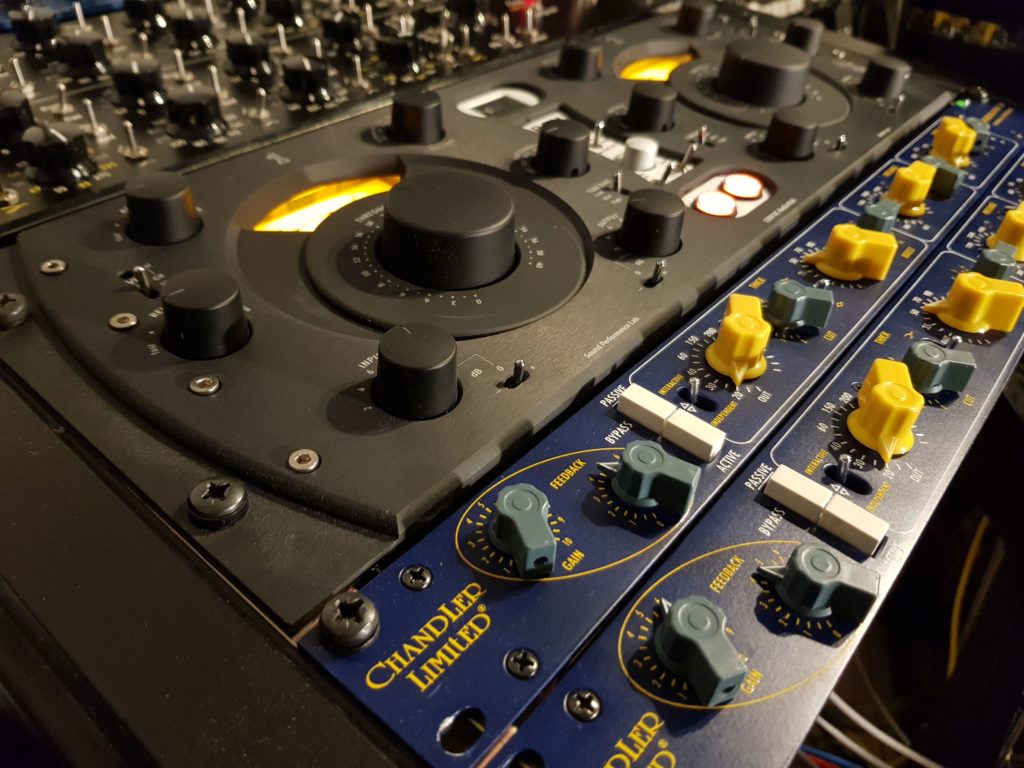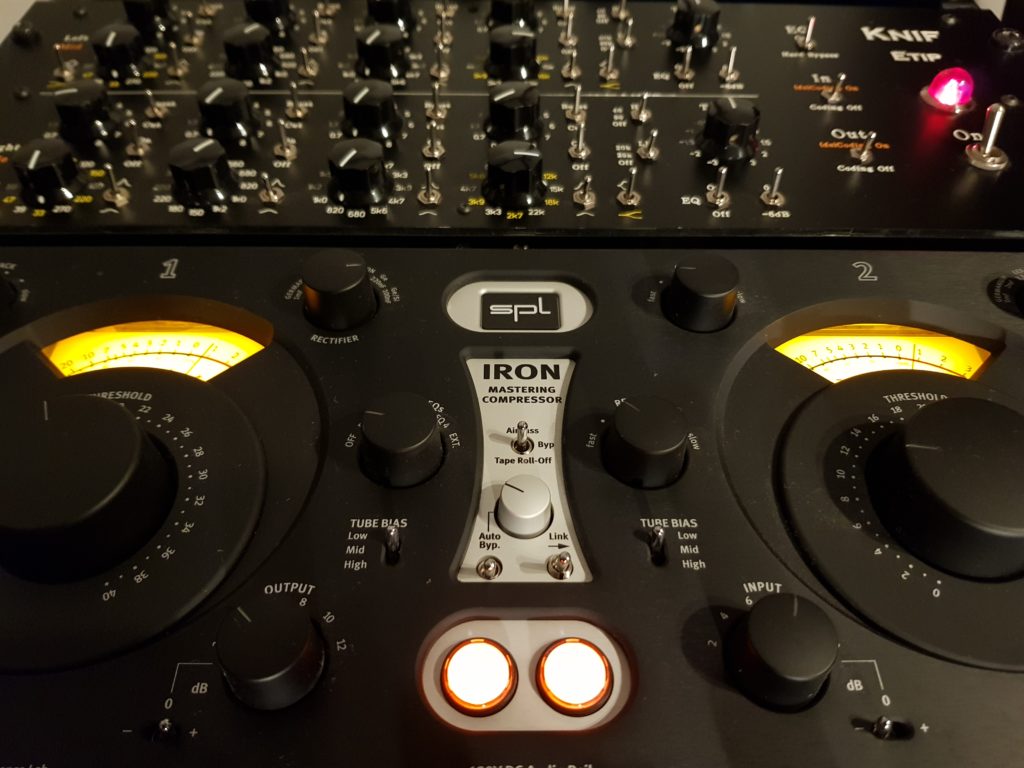Natural sounding masters with depth, width, fullness and lively transients
while preserving the integrity of the original mix


The Difference
- MQA encoding service with test files provided
- Apple MFiT certified
- Mixes in any original digital format accepted – DSD64/128/256, up to 384kHz PCM
- High resolution delivery formats for superior quality digital release and archiving – MQA, up to DSD256 and PCM up to 384kHz / 64 bit float
- Analog processing by EAR, Knif, SPL, Maselec, Chandler, Neumann, Tube-Tech, NTP, Thermionic Culture and more
- Monitoring by ATC150 , SPL, Genelec, Acoustic Research
- Latest high resolution converters by Merging Technologies, Meridian Ultra DAC, Croockwood
- Personal service focused on direct communication with client throughout the entire production process
- All work by owner and chief engineer Sabian. No “un-named engineers” or third party studios are used.
After extensive testing using our own recordings, Fullsound has partnered with MQA to offer this revolutionary new format to clients.

Coming from an analog era of tape machines and vinyl, I’ve embraced the digital audio evolution every step of the way, impatiently waiting for it to ‘grow up’ and eventually match the quality of its analog counterparts. Resolution being a key factor, I started working at 96k as soon as it became available, then at 192k, DSD, currently at 384k/64bit. Over the years I have tested, mixed, mastered and recorded in all those formats countless times and am very familiar with (for some ‘subtle’) differences between them. As digital audio quality kept improving, time stood still when it came to delivery formats. We are still releasing and listening to mp3 and CD ‘quality’ and very few people ever get to hear the original high resolution masters. While things are improving and some streaming platforms are now beginning to offer higher resolution 24bit native formats, download speeds can be a problem for some users. DSD and 384k are still out of reach due to file sizes.
Enter MQA audio. Is this the moment? Can MQA really “capture every element of a recording’s resolution and timing” in such a small and streamable file size? I couldn’t wait to find out – and I did, using my own test materials with the kind support and help of MQA staff. In short – YES, this IS the moment when there is no longer a reason to release degraded audio. I could not believe how close, if not even subjectively ‘better’, MQA versions sounded to my 384k originals. I now recommend MQA as a release format to all my clients, whether their material was originally recorded in DSD, DXD, 384k or 44k.
MQA Encoding
In order to encourage and promote this format, MQA encoding is also offered for masters produced by other engineers. The encoding process offers a selection of parameters to play with for best results for any given material – so not every MQA encode is the same. Different versions can be provided for client choice and approval prior to official release.
Selected Clients
Artists/Bands
The Verve, The Zombies, Dani Wilde, Makings, Moxie Kicks, Damjan Krajacic, Steven Bull –
The Mojo Cams, Pet Deaths, Clare Free, Cosmic Kids, Andrej Kljaković, Miro Kadoić,
Case Hardin, Pete Gow, The Room, Paula Tait, Rade Šerbedžija, Sis’ko, Nina Badrić ,
White Horses, Steve Daniels, Kevin Barber
Producers / Mixers / Engineers
Mike Vernon (Bluesbreakers, David Bowie,Eric Clapton, Fleetwood Mac…), Chris
Potter (The Rolling Stones, The Verve, U2 …), Ian Davenport (Gaz Coombes ex
Supergrass, Philip Selway ex Radiohead …), Jamie Brown (JBJ Studio), Damon
Sawyer (Crescent Records Studio), Tim Rowkins (All Saints …), Srdjan Kurpjel
(Zound – Goran Bregovic …), Zoran Sabijan (ZTime – Dino Dvornik, Boa, Massimo
Savić), Andrej Kljaković
Testimonials
Audio Samples
Coming soon…
More Info
Mixes in any original digital format accepted, including DSD64/128/256 and up to 384kHz 64 bit float PCM. High resolution original files are welcome and encouraged. High resolution delivery formats available for superior quality digital release and archiving – MQA, up to DSD256 and PCM up to 384kHz / 64 bit float.
Tips
- Do not convert or dither the original mix files – leave them at their original sampling and bit rates, as captured during mixdown.
- Keep mix buss processing to the minimum. There is no need to make the mix appear loud at this stage since it only reduces the dynamic range and makes it harder to achieve a loud and punchy master. No limiters please! If you use mix bus compression it might be a good idea to create a mix file without it as well, as additional option.
- Reference files are welcome, as well as premasters with a limiter. The clearer it is what you like and expect, the better.
With increasing amount of projects being mixed in home studios in less than perfect conditions, stem mastering is gaining popularity as a way of producing masters with more life, dynamics and size than might be possible with traditional stereo processing. It also allows less intrusive corrective processing on individual stems and slight balance adjustments without usual side-effects as with EQ and multi band compression on a stereo file. Typical examples would be an uneven bass line or cymbals which need controlling with multi band compression, or balance correction, e.g. adjusting bass or vocal levels slightly with EQ. Processing the stereo mix in this way also affects other instruments in the same range, losing separation and size as a side-effect. With stem mastering the individual instruments are accessible for processing or simple level adjustment without affecting anything else. This will generally produce a wider and “bigger” soundstage with better separation and dynamics.
Tips
- To prepare stems mix as usual creating a stereo file which should also be supplied for reference.
- Create individual stems by grouping instruments that would benefit from being processed as a group, e.g. bass, drums, lead vocal, backing vocals, guitars, keyboards, brass, percussion etc, up to max 16 stereo stems – 8 is usually enough. Leaving all settings EXACTLY the same as on the stereo mix, create stereo files for each group by muting all other instruments, leaving all effects etc in the mix. Make sure all files are created from exactly the same starting position.
- If mix buss compression is used for creative reasons, leave it engaged but be aware that compressor will react differently on individual stems than on the entire mix, still retaining the same flavour but with less “glue”. Running the full stereo mix through compressors side chain (ducking) can be a solution. In any case, please supply a stereo mix with exactly the same settings as used for stems.
In order to encourage and promote this format, MQA encoding is also offered for masters produced by other engineers. The encoding process offers a selection of parameters to play with for best results for any given material – so not every MQA encode is the same. Different versions can be provided for client’s choice and approval prior to official release.
Although the studio was mainly set up for mastering, there is also a live room which can accommodate small bands and solo artists for up to 32 track recording in high resolution. For best possible audiophile quality results, recording, mixing and mastering packages are available with high end analog summing and processing. Please inquire to discuss the exact requirements for your project.
After working as a session musician and running his studio for 21 years in London, Sabian moved to Henley-On-Thames in 2011. New studio, purpose built from ground up, is a result of decades of research and experience – nothing was left to chance, from acoustics to cables. Sabian’s perfectionist nature and attention to detail in his work is equally present in studio design and choice of equipment. The current setup is a result of endless ‘hands-on’ testing of almost all commercially available, as well as some less known esoteric mastering equipment. Having a choice of analog processors (Eqs, Compressors etc) also means that, apart from getting the balance ‘right’, one can choose the sonic character best suited for given material. This should enhance the overall ‘vibe’ of the track if done right. Regardless to how many manufacturers claim ‘transparency’ of their equipment, there is always a sonic imprint or ‘flavour’ which can work well for the specific material – or not so well.
As a classically trained musician from the age of eight (violin, piano) and later a session guitarist, Sabian’s live music experiences range from choirs and orchestras to jazz, fusion, funk and rock bands. Being proficient in all these musical styles is an indispensable asset for his mastering work. Although specialising in mastering, Sabian also performs and writes his own music and continues to work in all music production stages, from recording to mixing and mastering. Clients can benefit from decades of his studio and live music experience in all inclusive production deals tailored to their specific needs (see “Additional Services”).
Fullsound Mastering
++44 780 861 0770
London / Henley-On-Thames, UK
Partners & recommended tools/services
MQA – Network Acoustics – CB Electronics – Fidelity Audio – Harmonia Consulting – JBJ Recording Studios – Finspire
